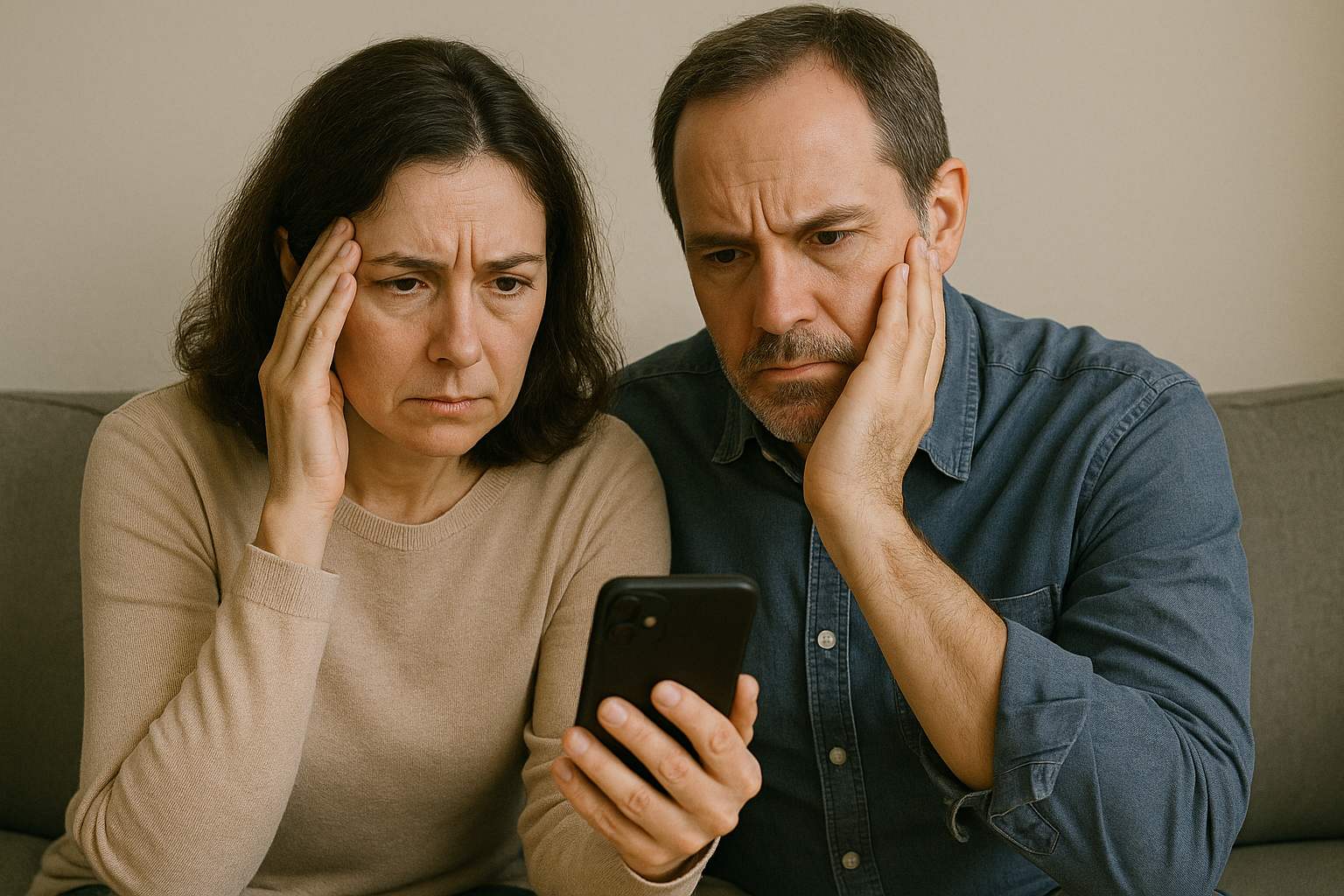Self-Diagnosing Teens


Welcome to the new frontier of parenting—where your teenager might first discover they “have ADHD” not from a doctor, but from a trending TikTok video. Scroll through hashtags like #ADHDTraits or #NeurodivergentCheck and you’ll see teens diagnosing themselves with everything from autism spectrum disorder to OCD, often using bite-sized content or online quizzes. According to recent Pew Research Center findings, nearly 1 in 3 teens say they regularly get mental health info from social media, and it’s not just curiosity—it’s self-identification.
But while awareness is crucial, the line between self-awareness and self-diagnosis is blurry, and sometimes harmful.
Let’s be real: the fact that mental health is openly discussed on social platforms is progress. We’re talking about a generation that’s more open to therapy, more attuned to emotional struggles, and way less stigmatized. That’s a win.
But here’s the catch—when diagnoses like ADHD or anxiety become trends, they risk being trivialized. A teenager with normal stress might think they're clinically anxious. A shy teen might suddenly believe they’re autistic based on a 60-second video. This “pop psychology” can lead to misinformation, emotional confusion, and delay in receiving proper care.
In a 2022 Times article, experts warned of a "TikTok-fueled mental health phenomenon" where well-intentioned creators blur the lines between education and diagnosis. It’s not inherently malicious—it’s just not clinical.
Let’s break it down:
So, the logic becomes: “Why wait for an expensive therapist when I can just take this quiz and find my tribe now?”
DO NOT:
DO:
Think of it like emotional jiu-jitsu: instead of blocking their energy, redirect it toward thoughtful conversation.
Here’s the million-dollar question—how do you know when it’s time to involve a professional?
Professional evaluations can help clarify what’s really going on beneath the surface. Some kids are indeed neurodivergent and finally seeing their truth reflected online. Others are exploring and might later move away from that identity.
Let’s build a practical, compassionate game plan for modern parents:
This isn’t a one-and-done moment. Create a safe environment where your teen knows they can always come to you—even if their beliefs shift.
Watch the TikTok. Read the Reddit thread. Join them in their world. Then, offer nuance: “That video makes a good point, but everyone’s experience is different. Let’s talk about it.”
Recommend mental health YouTubers or TikTokers with clinical credentials. Even better? Suggest going to therapy and frame it like this: “A good therapist can help you make sense of this—not tell you who you are, but support you as you figure it out.”
Say things like:
Let them see you taking breaks, questioning content, and curating your own media. TikTok can inform—but it shouldn’t replace professional voices.
Here’s the truth—teens are talking about mental health more than ever before. That’s not a threat. That’s a doorway.
Self-diagnosis may be imperfect, but it’s a signal: Your teen is trying to understand themselves. When we meet that with empathy instead of fear, we build bridges instead of walls.
So, the next time your kid says, “I think I have ADHD,” don’t panic. Say, “Tell me what makes you feel that way.” Then walk beside them—not ahead or behind—as they learn, grow, and become.